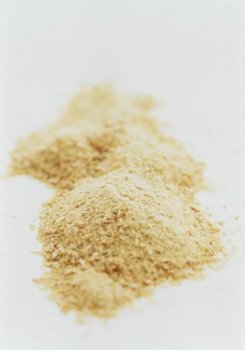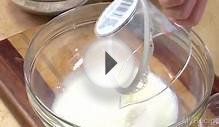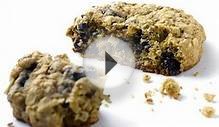
 Brewer's yeast can give you energy and boost your breast milk supply. Rita Maas/Getty Images
Brewer's yeast can give you energy and boost your breast milk supply. Rita Maas/Getty Images
Updated .
What Is Brewer's Yeast?
Brewer's yeast is used to make beer, and people have taken it as a dietary supplement for many years. Brewer's yeast is made from a fungus, and it is highly nutritious. It contains iron, protein, and B vitamins, as well as chromium, selenium and other trace minerals. Brewer's yeast is also believed to be a galactagogue, used by nursing mothers to help make more breast milk.
Brewer's Yeast, Breastfeeding, And Increasing Your Breast Milk Supply
Brewer's yeast is often recommended as a nutritional supplement during breastfeeding.
It can be taken to help increase your supply of breast milk, but it is also believed to combat fatigue and fight off the baby blues.
Brewer's yeast does pass to your baby through your breast milk, and it is generally well-tolerated. However, some infants may develop irritability and colic-like symptoms.
Other Health Benefits of Brewer's Yeast
- It contains chromium, which may help lower blood sugar levels for people with diabetes.
- Some studies show that it may help lower cholesterol levels.
- It is believed to help nourish the skin and hair.
- It is taken to increase energy levels and boost mood.
How to Use Brewer's Yeast When You're Breastfeeding
Brewer's yeast is available for purchase as a nutritional supplement in most health food stores or online. It is commonly taken in tablet or powder form. Talk to your doctor, a lactation consultant or an herbal specialist to determine the dose that is right for you.
Tablets: You can typically take 2 to 3 tablets up to 3 times a day.
Powder: You can add 1 to 2 tablespoons of brewer's yeast to a beverage and drink it once a day.
Brewer's Yeast: Warnings and Side Effects
- Be aware that there are different kinds of yeast. Brewer's yeast, NOT baker's yeast or nutritional yeast, is the product that is used to help increase milk supply and supplement the diet of breastfeeding women.
- The side effects of brewer's yeast tend to be mild. However, as with any medication, herb, or supplement, you should talk to your doctor or a lactation consultant before adding brewer's yeast to your diet to prevent side effects or potentially dangerous drug interactions.
- Brewer's yeast can cause gas, diarrhea, and abdominal upset. As noted above, some babies might also develop digestive problems and symptoms of colic from receiving brewer's yeast through breast milk.
- Do not take brewer's yeast if you tend to get yeast infections on a regular basis.
- If you are diabetic or hypoglycemic, talk to your doctor before taking brewer's yeast. It can lower your blood sugar to dangerous levels and interfere with certain medications you may be taking.
YOU MIGHT ALSO LIKE












